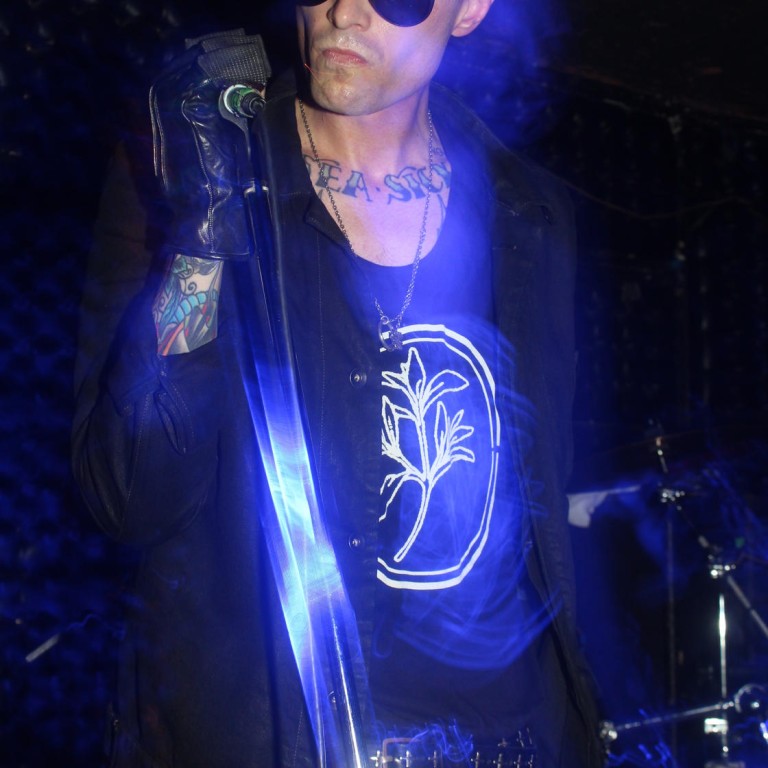
Cold Cave frontman Wes Eisold embraces the dark with the light
After years of battling his demons, a more chilled-out king of darkwave takes the stage, writes Charlie Carter
Wes Eisold knows a thing or two about overcoming adversity. Born with one hand, he grew up rootless, moving home between US army bases with his military father. Still, he has risen above disability and psychological trauma to establish himself as one of modern rock's brightest stars.
His two electropop albums have spawned a string of singles, now ranking among the most-played underground sounds of recent years, and made the 34-year-old singer-songwriter a poster boy for America's outsiders and disaffected teens.
"Moving a lot disallowed me long-lasting relationships with people, so music was the only stable thing in my life," says the figurehead of the so-called darkwave scene, a blend of Gothic and dance that borrows from industrial bands such as Nine Inch Nails and 1980s synth-poppers Depeche Mode.
Cold Cave, on show in Hong Kong for the first time on May 18, is the most successful project to date from the creative polymath who also dabbles in poetry and runs a publishing house, Heartworm Press. Unable to play guitar or drums, he turned instead to synths, recording songs on his computer and releasing them via small independent labels.
His songs are steeped in a despair, stemming from a lifetime of ridicule over his disability. His first album, , earned him a deal with Matador Records - home to equally creative acts such as Cat Power and Elliott Smith - which released the comparatively lavish follow-up, .
Now settled in Los Angeles, he's on a more stable track. "Everything before was so hectic and now it's more subdued - I just have a quieter approach to understanding my past behavioural patterns and owning them in a positive way instead of leaving a trail of destruction everywhere," he says. "It was difficult to find how to 'be' in life, I guess, and that has changed in the past year."
A plagiarism claim he brought against pop-punkers Fall Out Boy won Eisold undisclosed damages that he said he spent on psychologists. They didn't help his troubled mind: "It bought me some time, I guess. It's having had a couple of years without any stress that has helped."
The current tour is testing Eisold's resolve again, as it will keep him away from his newfound stability in LA for at least three months. But the newly positive artist has worked it to his advantage, seizing his time from home as a chance to see some less-visited parts of the region, including off-the-beaten-track gigs in Chengdu, Chongqing and even Nepal.
"I really wanted to play in Kathmandu. I don't know of any band that has played there. Maybe they have, but just haven't come back," he jokes.
While his peripatetic childhood has prepared him for almost anything life on the road can throw at him, mainland China still managed to test him, if only in a culinary sense. "I'm vegan, so that's been a whole challenge in coming here."
With success and emotional stability, he has shed many of his hang-ups about his disability. Ridiculed as a child over his prosthetics, he vowed long ago never to wear one again. But now he is happy to celebrate his difference and has even had a suitably malevolent limb custom-made.
"It's black," he says. "I wanted it to look robotic, like from a movie, and inhuman. If I was going to wear one, I decided it would be one that I designed. It would be part of me."

